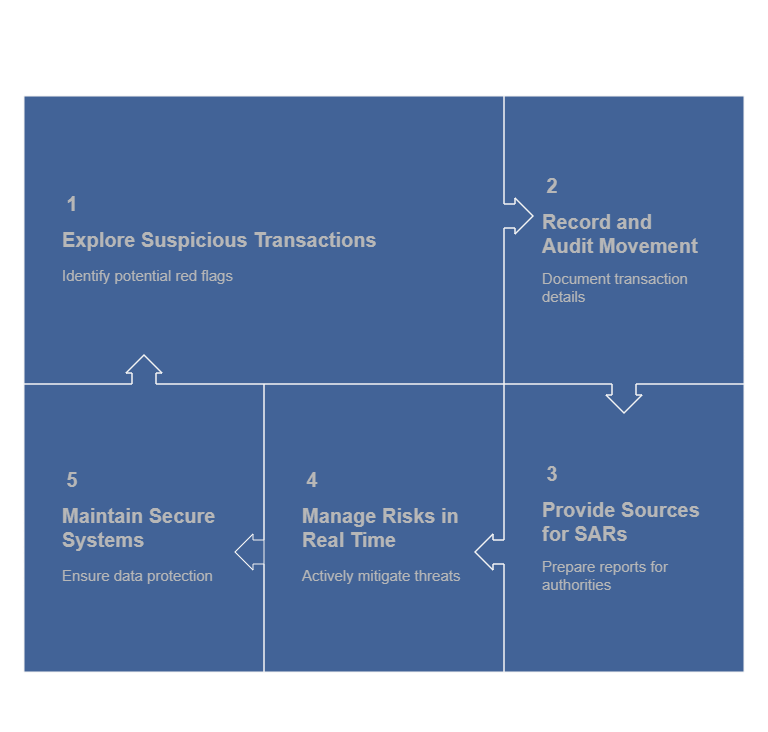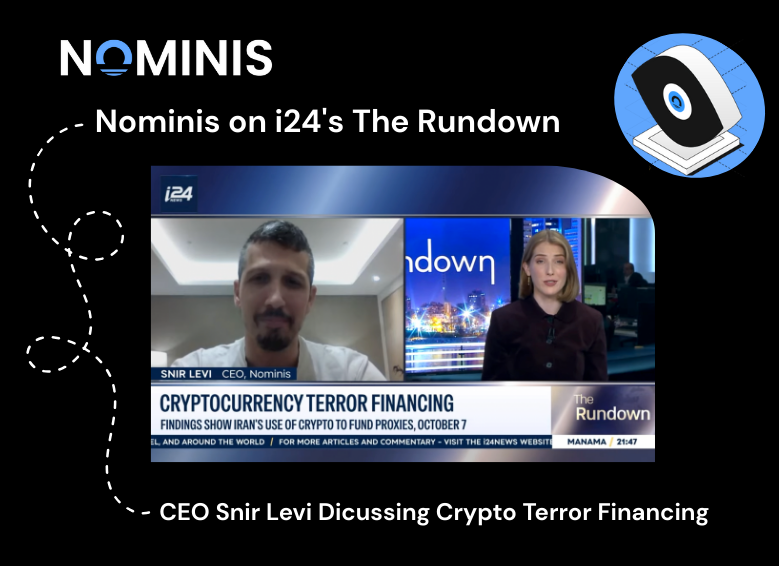In a significant shift with potentially global implications, Singapore’s Monetary Authority (MAS) has set a deadline for crypto firms incorporated in the country, but servicing overseas clients.
As of June 30 2025, any entity incorporated, formed or operating in Singapore, providing digital token services to people outside of Singapore, is required to obtain a Digital Token Service Provider (DTSP) license, or cease all operations. There are no exemptions, grace periods, or transitional arrangements.
A Hard Deadline with Consequences for Criminals
These new obligations stem from the Financial Services and Markets Act 2022 (FSMA) reinforced with the FSMA Amendment Act 2023, which were both enacted to strengthen regulatory coverage across the financial and crypto sectors.
Under Part 9 of the FSMA, all individuals, partnerships or corporations in Singapore offering digital token services to foreign clients are deemed Digital Token Service Providers. Operating without a DTSP licence from MAS after the June 2025 deadline can result in up to three years of imprisonment, or a fine of up to $200,000.
A Strategic Shift for Singapore
Statista reports that Singapore’s cryptocurrency market is expected to generate approximately US$229.4 million in revenue by 2025. Driving this growth is the Monetary Authority of Singapore (MAS), which has established a regulatory environment that strikes a balance between innovation and oversight.
Singapore’s move seeks to close longstanding regulatory gaps that have been exploited, where firms have used Singapore’s strong financial infrastructure to operate lightly regulated services offshore.
By enforcing territorial licensing obligations regardless of client location, MAS is aligning itself with other international standards of guidelines - for example the FATF Recommendations, which calls for transparency and supervision of transactions of Virtual Asset Service Providers (VASPs) including those conducting cross-border operations.
Transaction Monitoring: the Backbone of AML/ CTF Compliance
To qualify for a DTSP license from MAS, firms must meet a stringent set of criteria laid out in the Guidelines on Licensing for DTSPs. Among these requirements, one of the most critical and technically demanding is the implementation of a robust Anti-Money Laundering/ Counter Terror Financing framework.
MAS outlines that every applicant must be able to identify, assess and understand the money-laundering and terror-financing risks associated with their business and customers. The firm is expected to develop and implement internal policies, procedures and controls to manage and mitigate those risks. This involves the appointment of a suitably qualified compliance officer at management level, who can regularly report compliance issues to the board or decision makers, and file Suspicious Activity Reports (SARs). DTSPs must also be capable of escalating red flags, recording risk decisions, and demonstrating controls through audit processes.
The most effective way for a firm to fulfil these requirements, and more, is via transaction monitoring systems. These are not peripheral tools, but essential in the ability to explore movement of suspicious transactions, identify them as red flags, record and audit movement and provide sources for SARs.
Transaction monitoring tools such as Nominis Vue form the evidentiary foundation of MAS’s expectations around AML/CTF efficacy, ensuring proof that a firm is not merely aware of the risks, but is actively managing them in real time.
Transaction monitoring also intersects with MAS’s requirements surrounding technology risk management. The guidelines require that applicants must show the ability to maintain secure and resilient systems, which would include the collection and storage of sensitive transaction data. This adds a cybersecurity dimension to transaction monitoring - making it a dual-purpose control for both financial crime prevention, and technical governance.

It is doubtful that a single firm could receive or retain a DTSP license without credible, continuous and auditable transaction monitoring. IT is the infrastructure that MAS relies on to ensure the virtual asset ecosystem does not become complicit in illicit financial flows. For firms seeking the license, it is the most critical system to correctly implement from day dot.
The role of Nominis Vue
For crypto firms seeking to obtain or retain a DTSP license, automated transaction monitoring is absolutely essential.
The Nominis Vue transaction monitoring platform enables transaction monitoring and KYT functionality, designed specifically to meet and exceed MAS expectations. Firms utilising Nominis Vue would be able to:
- Detect and flag suspicious wallet behaviour in real time
- Automatically score risk by wallet type, jurisdiction, transaction history and information off-chain
- Enrich blockchain data with off-chain OSINT and Dark Web intelligence
- Monitor interactions with mixers, privacy coins, Dark web services, sanctioned entities
all with the possibility to be used effectively in an SAR. This level of automation and insight is both a regulatory necessity and represents best practice.

Screenshot from the dashboard of Nominis Vue
With Singapore’s new framework, only firms who can prove AML/CTF effectiveness through monitoring, reporting and governance will be permitted to continue servicing foreign markets.
The Path Forward
Singapore’s crypto landscape is evolving, from a permissive innovation zone to a tightly regulated financial ecosystem. The introduction of mandatory licensing for foreign-facing digital token services marks the start of a more mature, controlled era of digital finance movement.
Crypto firms now face a binary choice: build serious compliance infrastructure, or exit the market. Transaction monitoring is no longer an option - it is the foundation upon which most requirements for the DTSP License depend.
Firms that act now, build transparency, and embrace the operational clarity offered by services like Nominis will find themselves not only compliant but at the top of the game.
FAQs
Q: What is the new regulation introduced by MAS?
As of June 30, 2025, the MAS requires any entity incorporated, formed or operating in Singapore that provides digital token services to clients outside of Singapore to obtain a Digital Token Service Provider License, or cease all operations.
Q: Why is MAS making this change now?
THe change is part of Singapore's efforts to close regulatory loopholes which have been exploited by firms to to use the financial infrastructure while providing lightly regulated services offshore. It aligns Singapore with other, more stringent compliance standards internationally.
Q: Can firms use third-party platforms for transaction monitoring, and other tools to fulfil the requirements for a DTSP license?
Yes, in fact, MAS expects firms to use technologically mature and seucire systems. Platforms like nominis.io's Nominis Vue offer real-time transaction tracking, wallet risk scroing, off-chain enrichment and dark web monitoring: features that align directly with MAS's expectations.
While we strive for accuracy in our content, we acknowledge that errors may occur. If you find any mistakes, please reach out to us at contact@nominis.io Your feedback is appreciated!



.png)


